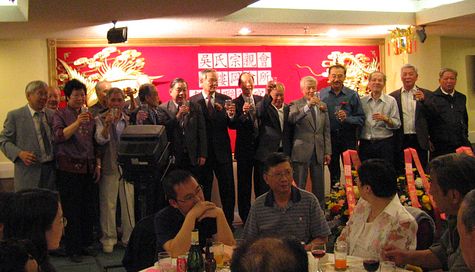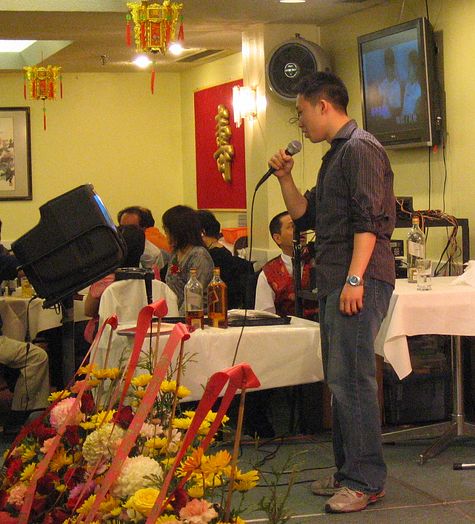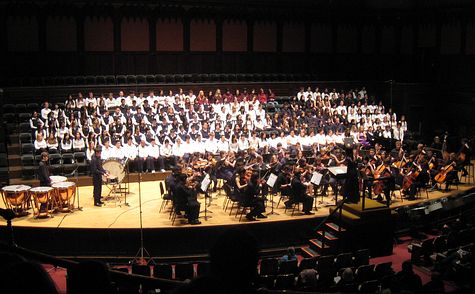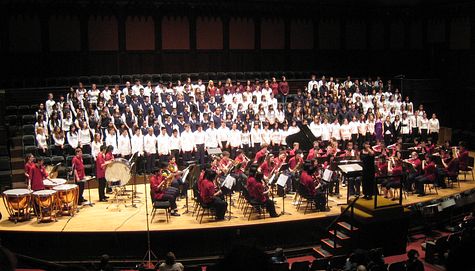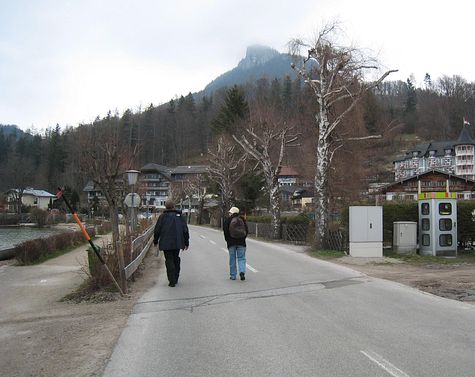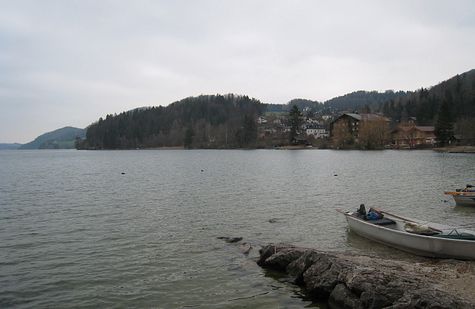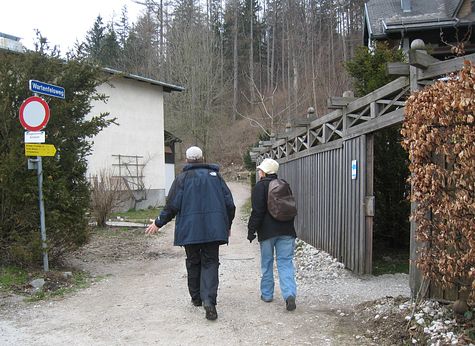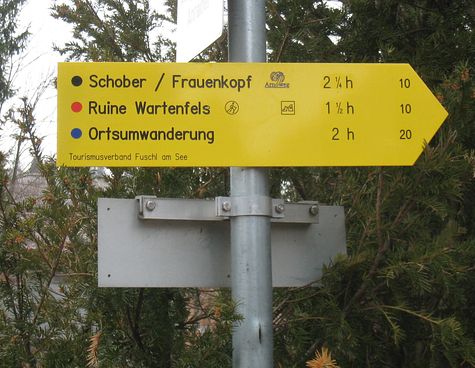Karaoke is now a regular part of the dinners. An older couple makes regular appearances to sing Chinese opera . This time, Adam stepped up and looked through the catalog to find a tune that he knew. He then proceeded to sing a pop song in Mandarin. This is an irony, because the elders of the society would never have studied Mandarin in school as they were growing up.
We know that we have a large family when everyone shows up, and we take more than one table of ten. Continue reading “2008/04/19 Speeches and Karaoke at the Lowkong Spring Festival dinner“

